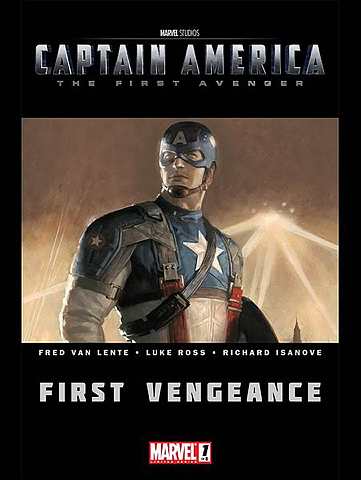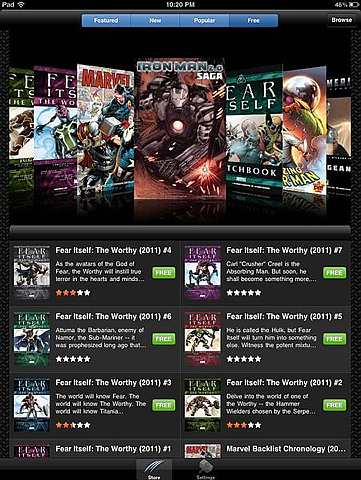I WAS nine when I was first exposed to Spider-Man. It was the issue where the web-slinger faced off with The Rhino, a classic Spidey villain that had the powers of a rhinoceros.
The comic was a tattered RM5, “old-stock” copy my mum purchased from a nearby provision shop to keep me quiet while she did her grocery shopping.
At that time, I knew I was late to the game – all my classmates were obsessing over Marvel Series II trading cards already. At least I could finally talk comic books with them.
Collecting comics is an art, something I came to appreciate several years later. Connoisseurs would know to pick only “Direct Edition” comics, pack them in protective sleeves and a special acid-free backing board. Mint condition comics meant there is not even the slightest hint of wear on the spine or a curl on the cover.
The comic would only be read once, then put back into its bag for display and archiving. The ritual was careful, deliberate and well-honoured by comic aficionados worldwide. But today, the ritual has changed, at least for me.
You see, comic book readership went into a steady decline from the mid-2000s as digital entertainment such as video games went mainstream. Marvel, DC and other comic book publishers took their intellectual property – the stories and characters that populate their comic book worlds – and brought them onto other platforms.
But there wasn’t a huge shift in its core business – comic books – until the advent of the iPad (among the many things you can thank the tablet for).
Back in 2009, the best way to read a comic book was still holding the print edition with your hands and lying on your bed. The best way to buy your comic book was still to saunter on down to your friendly local comic store and pick it up off the shelves.
Sure, there was already a movement of Comic Book “preservers” who were scanning and distributing digital versions of comics on the Internet. But the legality of such practices were questionable (if I own the paper version of a comic book, am I entitled to have a scanned copy as well as backup?)
Enter the Comixology, the first comic book vendor on the iPad. Comixology has now expanded beyond its core app to specific versions for Marvel, DC, and
other publishers. Simply install the Comixology (or a specific publisher’s flavour) onto your iPad and you can instantly purchase digital versions of your favourite comics from the stores.
Right now, it seems digital issues of comics are being priced at US$1.99 (RM6.10) per issue, which is loads cheaper than the RM12.50 you pay at newstands. The other advantage is that if you’re reading on iPad or Android (Comixology lauched their Android version late last year), you won’t have to worry about boxes of comic books too old to read, and too precious to just throw away.
One thing that I’m a little disappointed with, though, is that you can’t purchase subscriptions for digital comics the same way you could with physical ones. Rather, each issue has to be purchased individually.
Another limitation is that while digital comics should theoretically be shareable across multiple digital platforms – the web, your PC, your cellphone – this hasn’t quite taken off yet.
For example, Marvel offers an unlimited digital comic subscription on its website to read any and all digital comics it has published. However, this subscription only works with reading it off the Marvel Comics website and doesn’t translate onto Marvel’s own iPad app. I’m positive, though, that eventually something cross-platform will be worked out.
If you don’t yet own a tablet, reading on your PC is not quite as much fun given the screen layout and the general unwieldiness of the PC form-factor.Yet, there are solutions like the afore-mentioned Marvel Comics digital subscription to let you get your comic fix on the PC. Head over to www.marvel.com for more information.
What I do like is Marvel has also invested into a Chrome app so reading it off your PC through the Chrome browser is really a very app-like experience. Can’t wait to see this run on a Chrome OS tablet.
Graphicly (http://graphicly.com) is the final solution I wanted to cover. This is cross-platform and any comics you purchase will be available to you on desktop, tablet, mobile and web. The downside is I’ve generally found the desktop app to be a bit sluggish and the comic selection to be rather small compared to Comixology. However, there’s a healthy mix of publishers, and you can find some of the older Marvel and DC books on Graphicly too.
One innovation Graphicly makes is that it’s tightly integrated with social networks such as Facebook. This makes for a more social comic book reading experience as you can discuss plot lines, characters and art with people all around the world. After all, shared fan-boyism is half of what makes reading comic books great, isn’t it?
I see a bright future for a hobby that’s very close to my heart. Yes, gone are the days of excessive new title releases (DC Comics will undergo a major revamp next month). But with the way things are going digital, and the fact that reading comics on a tablet is actually a pleasurable experience, I think the comic book industry will be here to stay for the next generation of youngsters to geek out.
q David Lian wishes he’ll get a year’s unlimited subscription to Marvel Digital Unlimited for his birthday. Even if you’re not pandering to David’s shameless soliciting, you could still contact him at http://twitter.com/davidlian.




Tell us what you think!